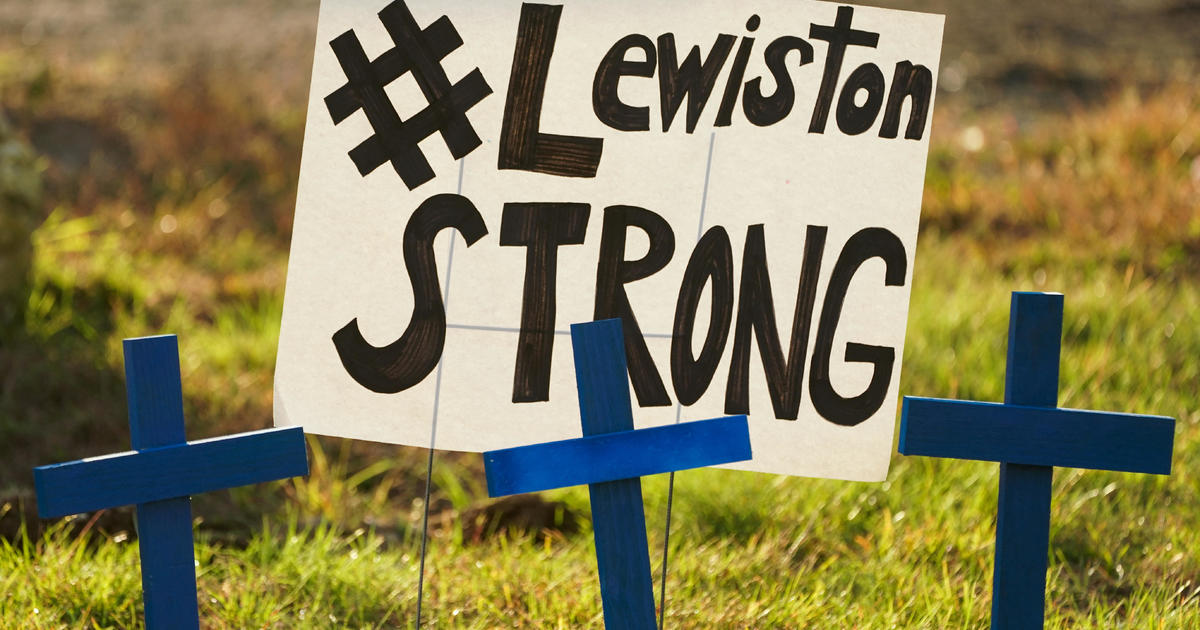Key takeaways:
- Army Reserve unit reported erratic behavior from Robert Card three months prior to the attack
- Army determined Card was “non-deployable due to concerns over his well-being”
- Local deputies attempted to make contact with Card in mid-September
The Army Reserve unit of Robert Card, the gunman responsible for the deadly shooting rampage in Lewiston, Maine last week, reported erratic behavior from him three months prior to the attack. In July, Card underwent a medical evaluation at the U.S. Military Academy in New York, and the Army determined he was “non-deployable due to concerns over his well-being,” according to an Army spokesperson.
The Army also decided that Card should not have a weapon, handle ammunition, or “participate in live fire activity,” and more warning signs and alarming remarks have since emerged. In mid-September, local deputies attempted to make contact with Card, but were unsuccessful.
The investigation into the shooting rampage is now shifting away from an intense manhunt and toward the search for a motive. Questions are being raised about Card’s time under psychiatric treatment in July and why attempts by local deputies to make contact with him in mid-September were not successful.
The shooting left 18 people dead and 13 others wounded. Card was found dead Friday of an apparent self-inflicted gunshot wound. The investigation into the tragedy is ongoing.



Be First to Comment